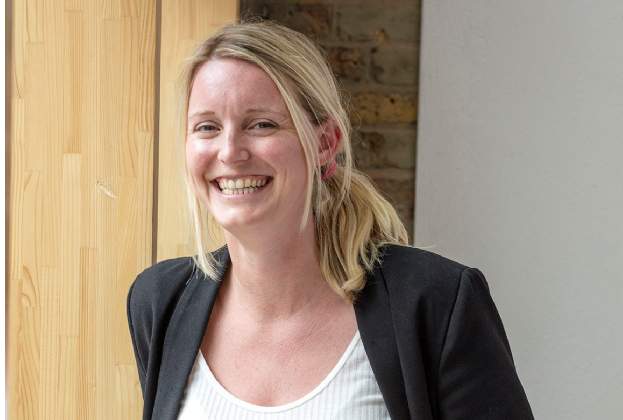Student mental health at UK universities is at record lows: according to charity Student Minds there has been a rapid increase in demand for support from students with mental health problems over the past decade. Estimates vary, but it is believed that between 25-40 per cent of students experience mental distress during their time at university.
While each and every student is an individual and needs bespoke support and care to suit their mental health needs, I believe that those of us involved in the sector can assist by thinking more closely about how we design student accommodation so at the very least it doesn’t harm, and indeed hopefully even helps, students’ mental wellbeing.
Over the past couple of decades we have seen a lot of student housing development move away from the ‘cluster flat’ model of the 1980s and ‘90s, where students tended to have their own bedroom but with every four to six rooms sharing a communal bathroom and kitchen/dining space, to one where each student has their own studio room including an en-suite bathroom and kitchenette or ‘two-dios’ where just a couple of rooms share facilities.
This was in response to big macro trends in the sector: as the UK has grown in popularity as an education destination for many international students, particularly those from Asia, providers have been keen to deliver units which suit their cultural preferences, which err towards privacy and everything being self-contained. Among domestic students too demand has risen for more privacy. With students paying more in tuition fees, they are demanding more from their entire university experience and are less willing to share facilities.
While the causes of mental health issues are many and various, there does seem to be a correlation between the rise of self-contained student living and the deterioration in mental health. By nature, humans are social creatures but placing everyone behind their own closed door, and giving people no reason to mingle informally, may contribute to feelings of isolation and loneliness. It can also make the signs harder to spot if someone is suffering.
There are some student accommodation providers who have identified this as an issue and are taking steps in the right direction. We are working with one of the largest student housing providers in world, for example, who is currently about to commence a scheme in very close consultation with a university, responding to the specific demographic profile of the institution’s student body, rather than applying a standardised design, while also focusing on integrating more spaces which facilitate interaction between residents to create a community. This way they hope to deliver a project which both meet the needs and wants of students but also helps mental wellbeing.
While good buildings are not a silver bullet for the student mental health challenge, moving the issue up the agenda can only have positive effects. Collectively everyone involved in delivering new student housing, whether that’s a university itself, a developer, operator, local authority or consultant such as Savills, we all have a role to play.
Further information
Contact Savills Building & Project Consultancy


.jpg)

.jpg)


